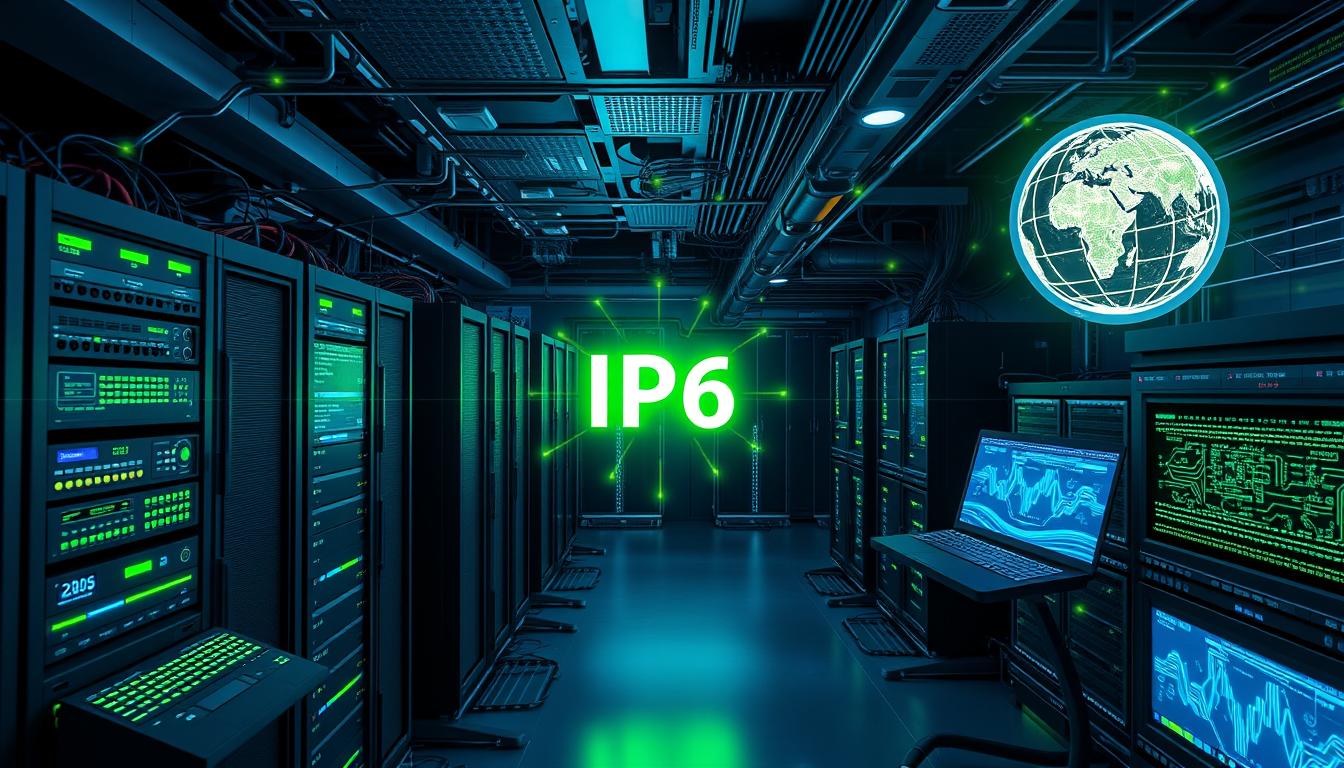If you are working in the IT industry, you must have come across the term MPLS VPN. MPLS VPN is a widely used networking technology that helps businesses establish a secure and reliable network infrastructure. In this article, we will discuss in detail what MPLS VPN is and how it works in a computer network. We will also delve into the advantages of using MPLS VPN over traditional VPNs, key components of an MPLS VPN network, how to set up an MPLS VPN network, and much more. So, let’s get started.
Understanding the basics of MPLS VPN
First things first, MPLS VPN stands for Multiprotocol Label Switching Virtual Private Network. It is a type of VPN that uses a combination of MPLS and VPN technologies to create a private network over the public internet. MPLS VPN is a cost-effective solution for businesses that need a secure and reliable network infrastructure to connect their geographically dispersed locations.
MPLS VPN operates at layer 3 of the OSI model and uses labels to determine the path of data packets. Labels are small pieces of information that are attached to the data packets as they enter the MPLS network. The labels contain information about the destination address of the packet, the path it will take through the network, and the type of service required for the packet.
How MPLS VPN works in a computer network
MPLS VPN works by creating a virtual network that runs on top of the existing physical network. This virtual network is created by placing MPLS routers at the edge of the physical network. These routers connect to the customer’s edge routers, which are responsible for handling the incoming and outgoing data traffic.
When a user sends a data packet, it is first routed to the edge router, which applies a label to the packet. The label contains information about the packet’s destination address, and the path it will take through the network. The router then forwards the packet to the MPLS network, where the label is used to determine the path of the packet through the network.
As the packet moves through the network, the labels are used to determine the path it will take. This ensures that all data packets are delivered to their destination address in the most efficient way possible. When a packet reaches its final destination, the label is removed, and the packet is delivered to the recipient’s device.
Advantages of using MPLS VPN over traditional VPNs
One of the major advantages of MPLS VPN over traditional VPNs is its scalability. MPLS VPN can easily handle large amounts of data traffic and can be scaled up or down as per the business’s requirements. This makes it an ideal solution for businesses that require a high-bandwidth and reliable network infrastructure.
Another advantage of MPLS VPN is its security. MPLS VPN uses encryption to protect data traffic from unauthorized access. This makes it a secure option for businesses that deal with sensitive information.
One of the key benefits of MPLS VPN is its Quality of Service (QoS) support. MPLS VPN ensures that the network bandwidth is used efficiently and allows businesses to prioritize their network traffic based on their requirements. This ensures that critical applications get the required bandwidth and run smoothly.
Key components of an MPLS VPN network
An MPLS VPN network consists of several key components, including the following:
- PE router: Provider Edge (PE) routers are the routers located at the edge of the MPLS VPN network. They connect to the customer’s edge routers and are responsible for handling the incoming and outgoing data traffic.
- P router: Provider (P) routers are the routers located in the core of the MPLS VPN network. They are responsible for forwarding the data packets between the PE routers.
- Circuit: A circuit is a physical connection between the customer site and the MPLS VPN network. Circuits can be leased from telecom service providers.
- Label: A label is a piece of information attached to the data packet that helps route the packet through the MPLS VPN network.
- VRF: A Virtual Routing and Forwarding (VRF) instance is a virtual router running on the PE router that separates the customer’s network traffic from the traffic of other customers.
MPLS VPN vs IPsec VPN: Which one is better?
MPLS VPN and IPsec VPN are two popular technologies used to create a private network over the public internet. Both technologies have their advantages and disadvantages, and businesses need to choose the most suitable option based on their requirements.
MPLS VPN is a good choice for businesses that require a scalable, secure, and reliable network infrastructure. MPLS VPN is a cost-effective solution for businesses with multiple locations, and it provides QoS support to ensure that critical applications get the required bandwidth.
On the other hand, IPsec VPN is a good choice for businesses that require a highly secure network infrastructure that can handle a large number of remote users. IPsec VPN uses encryption and digital certificates to ensure that all data traffic is secure and can be authenticated.
How to set up an MPLS VPN network for your business
Setting up an MPLS VPN network for your business requires careful planning and implementation. Here are the steps involved in setting up an MPLS VPN network:
- Assess your business needs: First, you need to assess your business needs and determine the bandwidth, security, and QoS requirements. This will help you choose the most suitable MPLS VPN solution for your business.
- Select a service provider: Next, you need to select a reliable service provider that offers MPLS VPN services. You should choose a service provider who has experience in deploying MPLS VPN networks and can provide support in case of any issues.
- Design your network: Once you have selected a service provider, you need to design your network and determine the locations of the PE routers and the circuits required to connect to them.
- Configure and test your network: Once your network is designed, you need to configure the routers and circuits and test the network to ensure that it is working as expected.
Top industries that use MPLS VPN technology
MPLS VPN technology is used in several industries to create a private network over the public internet. Here are some of the top industries that use MPLS VPN technology:
- Banking: Banking institutions use MPLS VPN technology to securely transfer data between their branches and headquarters.
- Healthcare: Healthcare institutions use MPLS VPN technology to securely transfer patient data between their various locations.
- Retail: Retail companies use MPLS VPN technology to create a secure and reliable network infrastructure that connects their various stores and warehouses.
- Manufacturing: Manufacturing companies use MPLS VPN technology to connect their various factories and production sites to their headquarters.
Common issues faced while implementing and managing an MPLS VPN network
MPLS VPN networks are complex and require careful planning and implementation. Here are some of the common issues faced while implementing and managing an MPLS VPN network:
- Latency: Latency is a common issue in MPLS VPN networks that can affect the network’s performance. Latency refers to the delay in data transmission between the sender and receiver, and it can be caused by several factors, such as network congestion, distance, and routing protocols.
- Jitter: Jitter is another common issue that can affect the performance of an MPLS VPN network. Jitter can cause data packets to arrive at the destination out of order, resulting in retransmission and delays.
- Configuration errors: Configuration errors can cause issues in MPLS VPN networks. These errors can be caused by misconfigured routers, incorrect routing protocols, and firewall rules.
- Security concerns: Security concerns are a major issue in MPLS VPN networks. Businesses need to ensure that their data traffic is encrypted and cannot be accessed by unauthorized users.
Best practices to optimize your MPLS VPN performance
To optimize your MPLS VPN performance, here are some best practices you can follow:
- Use QoS: Use Quality of Service (QoS) to prioritize your network traffic and ensure that critical applications get the required bandwidth.
- Monitor your network: Monitor your network regularly to identify any issues and fix them before they affect the network’s performance.
- Use encryption: Use encryption to secure your data traffic and prevent unauthorized access.
- Use a reliable service provider: Choose a reliable service provider that offers 24/7 support and can provide quick resolution to any issues.
Future of MPLS VPN and its potential impact on networking
The future of MPLS VPN looks promising with the increasing demand for secure and reliable network infrastructure. MPLS VPN technology is expected to continue to evolve and offer new features and capabilities to businesses. With the growing trend of remote work and the need for a flexible network infrastructure, MPLS VPN is expected to gain more popularity in the coming years.
Popular vendors offering MPLS VPN solutions in the market
Some of the popular vendors offering MPLS VPN solutions in the market are:
- Cisco: Cisco offers a range of MPLS VPN solutions that cater to the needs of small, medium, and large businesses.
- Juniper Networks: Juniper Networks offers a range of MPLS VPN solutions that provide high-performance and high-reliability network infrastructure.
- VMware: VMware offers a range of MPLS VPN solutions that help businesses create a secure and flexible network infrastructure.
Cost-benefit analysis of implementing an MPLS VPN network for your business
Implementing an MPLS VPN network for your business involves several costs, such as circuit costs, router costs, and service provider costs. However, the benefits of MPLS VPN outweigh the costs for businesses that require a secure, scalable, and reliable network infrastructure.
The benefits of MPLS VPN include:
- Secure data transmission
- Scalable network infrastructure
- Quality of Service support
- Cost-effective solution for businesses with multiple locations
- Reliable network infrastructure
Overall, implementing an MPLS VPN network for your business is a wise investment that can help you achieve your business goals and ensure that your data is transmitted securely and reliably.





